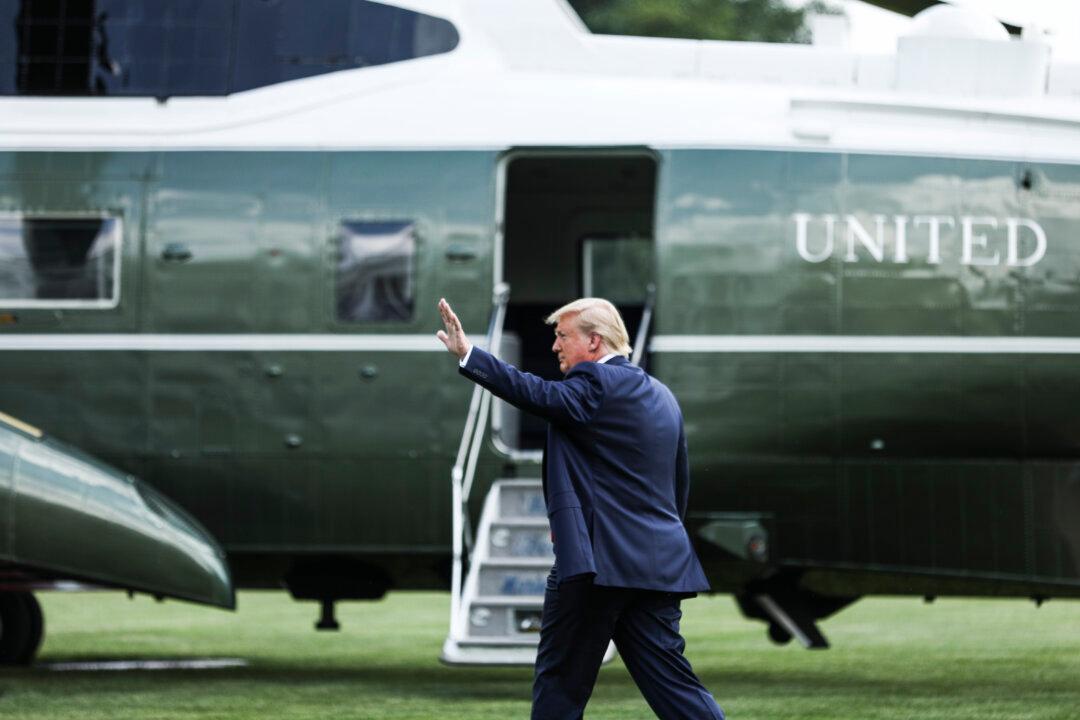The White House is keeping a close eye on Google amid reports that the company is working with the Chinese Communist Party’s military and allegedly interfering in the U.S. presidential elections, both in 2016 and in the upcoming 2020 election.
President Donald Trump made the warning in a series of Twitter posts on Aug. 6, in which he talked about a recent meeting he had with Google CEO Sundar Pichai. He said Pichai was working “very hard” to show they liked him and said he praised the “great job” the administration is doing.





